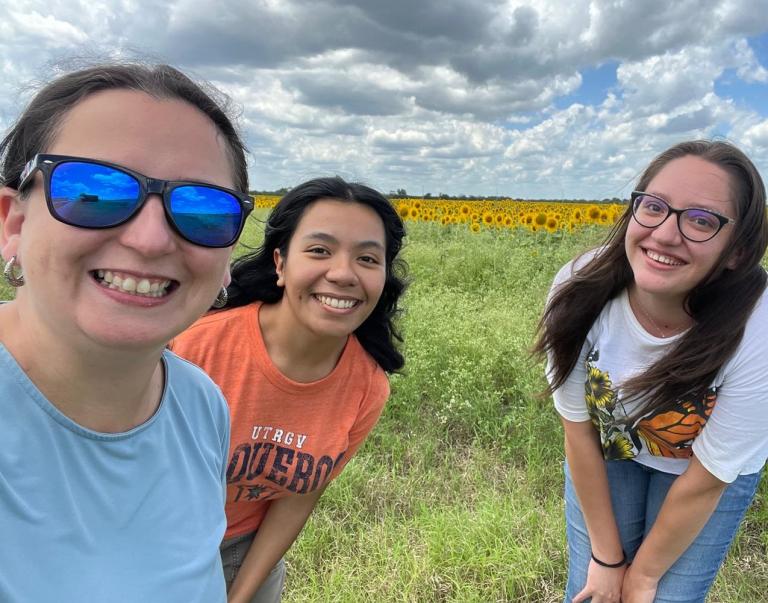WASHINGTON, March 2, 2015 – In a speech at the 2015 National Anti-Hunger Policy Conference today about the extent of childhood hunger in America and the impact of USDA programs on reducing food insecurity, Agriculture Secretary Tom Vilsack announced more than $27 million in grants to fund innovative projects designed help end childhood hunger. The announcement was part of USDA efforts during National Nutrition Month to focus on poverty and food insecurity among children, especially in rural areas. These projects will be tested in Kentucky, Nevada, and Virginia, as well as the Chickasaw and Navajo tribal nations.
"Too many children in America live in households that don't always know where their next meal is coming from. Many families are forced to buy cheaper, less healthy foods because they don't have resources to purchase healthier options, or don't live close to a store that sells healthy food," Secretary Vilsack said. "At USDA, we're deeply committed to ensuring that all Americans, especially children, have access to a healthy diet whether at home or at school. The goal of ending child hunger in America is absolutely achievable, and this new initiative will help us test innovated strategies for getting there."
In the United States, approximately 15.8 million children live in families that have had to worry about access to food, and many of those children live in rural communities. The projects announced today are designed to test innovative strategies to end childhood hunger, including alternative models for service delivery and benefit levels that promote the reduction or elimination of childhood hunger and food insecurity. An independent evaluation will accompany this project to measure impact and identify successful strategies. The projects will be evaluated primarily based on their ability to reduce food insecurity among children.
Made possible by the Healthy Hunger-Free Kids Act of 2010 (HHFKA), the projects target areas or populations with elevated levels of food insecurity or gaps in nutrition assistance program coverage. HHFKA requires that at least one project be carried out on an Indian reservation in a rural area with a service population having a prevalence of diabetes that exceeds 15 percent. Projects chosen include:
- Chickasaw Nation: The Chickasaw Nation will implement the Chickasaw Nation Nutrition Services Demonstration Project to End Childhood Hunger, which will provide food through home delivery to households with children who qualify for free school meals. Grant amount: $9.7 million.
- Kentucky: The Commonwealth of Kentucky will implement the Ticket to Healthy Food Supplemental Nutrition Assistance Program Demonstration, which will test the impact of providing households with children an additional transportation deduction that may increase their SNAP benefits. The project will serve the Kentucky Highlands area in the southeastern part of the state – a designated Promise Zone. Grant amount: $3.6 million.
- Navajo Nation: The Navajo Nation Division of Health will implement the Food Access Navigation Project, which will employ Food Access Navigators to evaluate assets and gaps in food access in selected regions of the reservation and provide technical assistance for connecting eligible households to nutrition assistance programs. Grant amount: $2.4 million.
- Nevada: The Nevada Division of Public and Behavioral Health will implement the Nevada SNAP Enhancement Demonstration Project to test the relative impacts on SNAP households with children of (1) an increase in SNAP benefits, and (2) a SNAP increase plus additional outreach, education, and case management. Grant amount: $3.1 million.
- Virginia: The Virginia Department of Education will implement the Virginia Hunger-Free Kids Act Demonstration Project, which will test the impact of providing (1) three school meals a day to all children in select schools during the school year, (2) food for weekends and school breaks, and (3) more resources for low-income households to purchase food during the summer months. Grant amount: $8.8 million.
Four of these projects are based in states receiving targeted USDA assistance to address chronic rural poverty through the Department's StrikeForce Initiative for Rural Growth and Opportunity. USDA's StrikeForce Initiative is operational in 770 persistent poverty counties, parishes, boroughs, Colonias and tribal reservations in twenty states.
USDA's 15 nutrition assistance programs help struggling families gain access to healthy, nutritious food. Throughout the month of March, which is National Nutrition Month, USDA will highlight the impact of these programs on the 1 in 4 Americans that rely on these vital programs for the nutrition they need.
Healthier people go to the doctor less and have fewer medical expenses, miss fewer days of school and work, are able to join our military to defend our nation, and are more successful in the long run. USDA is focused on improving childhood nutrition and empowering families to make healthier food choices by providing science-based information and advice, while expanding the availability of healthy food.
This program also supports the Generation Indigenous (Gen-I) initiative by helping to ensure tribal youth have access to healthy food - a challenge on reservations that often do not have access to a grocery or other healthy alternative except through USDA nutrition programs.
Collectively these policies and actions are helping to combat childhood hunger and obesity, while improving the health and nutrition of the nation's children. In addition to the National School Lunch and School Breakfast Programs that provide free and reduced priced meals to 21.6 million low-income children each day, USDA's Food and Nutrition Service administers the Supplemental Nutrition Assistance Program, the Special Supplemental Nutrition Program for Women, Infants, and Children, The Emergency Food Assistance Program (TEFAP), and the Summer Food Service Program. For more information, visit www.fns.usda.gov.
#
USDA is an equal opportunity provider and employer. To file a complaint of discrimination, write: USDA, Office of the Assistant Secretary for Civil Rights, Office of Adjudication, 1400 Independence Ave., SW, Washington, DC 20250-9410 or call (866) 632-9992 (Toll-free Customer Service), (800) 877-8339 (Local or Federal relay), (866) 377-8642 (Relay voice users).


